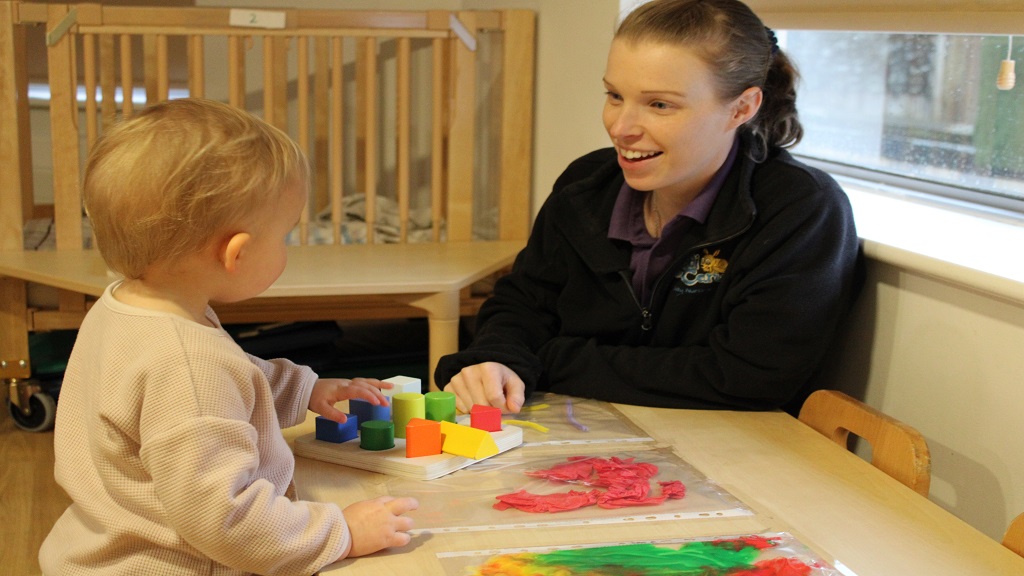UK training provider for the early years sector, Realise has expressed “fundamental concerns” at plans for a new experience-based progression…
Ofsted gives guidance on pausing inspections
Ofsted has updated its early inspection handbook to give guidance on when it would be appropriate to pause an inspection, as part of changes introduced following the death of headteacher Ruth Perry.
The inspectorate has added a paragraph explaining that inspectors will take account of “significant concerns” about leaders’ welfare, or “a significant event involving a member of staff or a child”. If an inspector thinks that an inspection should be paused, they should immediately contact the duty desk. The duty desk will liaise with the regional director, who will advise on next steps.
The updated handbook also includes new guidance on how the inspector should consider the wellbeing of leaders and staff during the inspection. It says the inspector should take “careful account” of the wellbeing of leaders and staff, and adjust their approach as appropriate.
Other updates include a clarification of who inspection reports can be shared with, including medical professionals, family members and a “wider support network”.
The changes were introduced as part of Ofsted’s response to His Majesty’s Coroner’s Prevention of Future Deaths report following an inquest into the death of headteacher Ruth Perry. In its response, Ofsted said all inspectors would undergo training in mental health awareness by the end of March 2024.
Chief inspector Sir Martyn Oliver said: “The Coroner’s findings focused on inspection of schools, which is reflected in our response, but work is underway across Ofsted to make sure the changes we are making are reflected appropriately across the full suite of remits that we regulate and inspect.” The organisation plans to talk to those working in education and social care as well as parents, carers, children and young people as part of a Big Listen consultation on the inspection process.
Purnima Tanuku, chief executive of National Day Nurseries Association (NDNA). said: “Updating the early years inspection handbook is an important piece in the changes Ofsted are making to the way they work. It is important for providers and inspectors that there is more clarity on how concerns can be raised before, during and after inspections. We also welcome additions which clarify how inspections might be paused if there are concerns, how staff well-being can be taken into consideration and dealing with difficult and sensitive feedback.”
She added: “These changes, combined with the additional training inspectors have undertaken, need to work to build and maintain the professional dialogue between inspectors and early years professionals so that the inspection process can focus on everyone’s priority; improving quality for the benefit and wellbeing of all children.”
Neil Leitch, chief executive of the Early Years Alliance, said: “We know that for many working in education settings, inspections can be an incredibly daunting and stressful prospect. As such, Ofsted’s commitment to taking a more compassionate approach to visits is to be welcomed. That said, while we recognise that the plans announced today were prompted by concerns raised around school inspections, we’re absolutely clear that the early years sector must be central to these reforms, alongside our school and further education peers.”
Latest News
Settling in a little one can be a stressful experience. Grandir UK outline ways to reduce the stress and support…
Specialist business property advisor, Christie & Co, has announced the sale of a Little People Nurseries setting in Heckmondwike, West…




